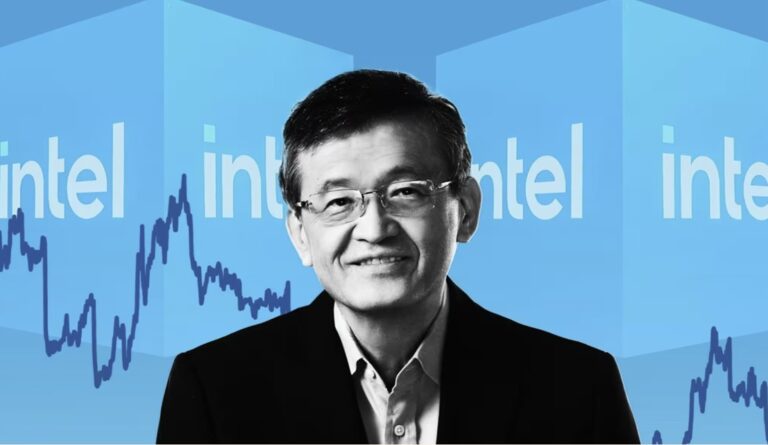Tablet PCs should drive a turnaround in 2014.
- The predictions for 2014 are beginning to come in and they do not paint a pretty picture.
- PCs are expected to decline again next year by 3.8% on top of a 10.1% decline this year. (IDC).
- However, IDC is a little bit more positive than the normal “PC will decline forever” mantra as it expects that shipments will bottom out somewhere above 300m units.
- I am considerably more optimistic.
- 2013 is going to be bad but anyone who looks at stocks will have already written that off.
- What really matters is 2014.
- In 2014, I believe that tablet PCs can make enough of a difference to get the market growing again.
- Furthermore, RFM research shows that the number of content consumer users switching from PCs to tablets and smartphones is finally beginning to slow which will also help PC shipments.
- The key to making a tablet PC that appeals to a user is to create one that can function as both a laptop and a tablet with no compromise.
- It must also be as small as an iPad in tablet mode and as sleek as an ultrabook in laptop mode.
- Apple’s stance on this is clear. It believes that this is not possible and that any kind of hybrid device will always offer a compromise and consequently it has declined to participate in this market.
- This represents a huge opportunity for Microsoft and the PC makers.
- If they can get it right, they will create segment where Apple has no product.
- This has been promised for some time but 2013 has been very disappointing when it comes delivering devices that fulfil that promise.
- 2014 is looking much better and I believe that devices that work well in both orientations will encourage content creator users to upgrade their old laptops.
- The Sony Viao Tap 11 device is a good example of what is becoming possible although it is still a bit expensive.
- I think CES will see a large range of comparable devices launched which will drive shipments of tablet PCs to 34.0m units up from 9.4m units this year.
- (Tablet PCs are tablets that run a full version of Windows and can function as a full laptop).
- This combined with fewer numbers of content consumers deserting the platform in 2014 is enough to see total PCs grow from 325.3m units to 341.1m units in 2014.
- If I take tablet PCs out, then market will decline by 2.8%.
- This is positive and the main beneficiaries are going to be Microsoft, Samsung, Asustek and maybe Lenovo.
- Dell, HPQ and Acer look set to struggle as their lack of innovation will leave them towards the back end of the pack when it comes to wowing potential buyers.









Blog Comments
CES 2014 – Big show in little Vegas | Radio Free Mobile
January 10, 2014 at 10:30 am
[…] Intel is inextricably linked to the PC market where I have dared to suggest that 2014 will see a turnaround in its fortunes. (see here). […]
Andrew Berend
January 10, 2014 at 3:55 pm
I read somewhere that the answer to any computing technology question used to be a PC. Whatever you wanted to do, some form of PC or PC farm was generally the best solution. This was true for many years and because of this, Microsoft and Intel could achieve very high monopolistic margins on software and hardware, and suck most of the value out of the technology market.
However, there has been a very significant paradigm shift, what Andy Grove referred to as a ‘business inflection point’, to the point that the answer to the most critical computing technology questions is now usually not a PC.
Given the recent explosion of alternatives to Wintel, it is perhaps hard to see why people will keep paying ‘Wintel’s ‘monopoly tex’ for the privilege of running Window 8.1 on their Intel processor when there are now much cheaper alternatives around.
In short Wintel will have to adapt to world of lower margins and higher competition, and this is hard. History shows that paradigm shifts of this sort usually lead to a new order with new market leaders. So my prognosis for the PC market is less optimistic than yours.